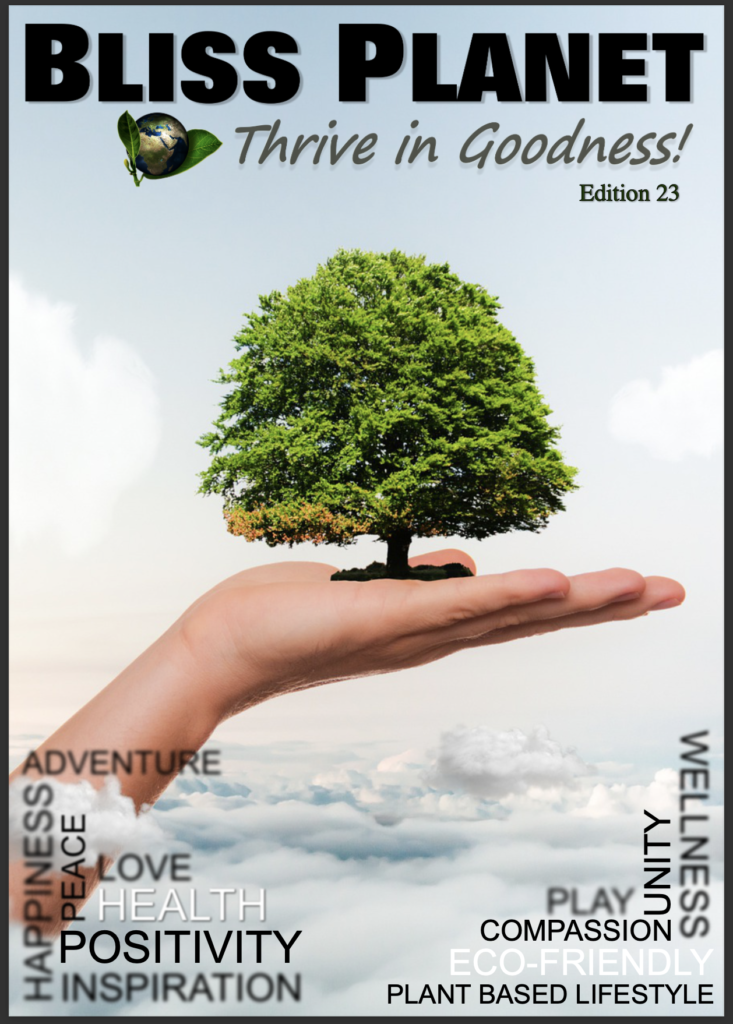Sometimes I feel like complaining. About whatever. And it feels good – that is, when I’m not in the company of the kind of person we all know who see it as their job to drag us over to the “positive perspective” corner of the room. “Leave me alone. I want to feel miserable for now,” I want to scream. But it’s hard to communicate that message without sounding like a whiny, malcontented child.
Regardless, the desire I originally had to complain at that moment has now been turbo-charged by my need to also complain about that annoyingly positive person. Note to perpetually “sunny” people: leave us alone to freely associate with our misery. Sometimes we need to be encased in clouds and drizzle for a time until we figure out our own answers. And, for the most part, we usually do.
I’m making a loose reference to a domain of study called, yes, “positive psychology” that was started in 1998 by Martin Seligman, then the president of the American Psychological Association. He argued that not only could individuals battle even the gravest depression but, moreover, gain access to the “good life,” if they could garner together their unique strengths and use them to their fullest.
An enormous amount of effort has gone into the study of this arm of psychology since that time, and much of it has been, yes, positive, but not all. For example, eventually “positivists” were charged with encouraging people to keep their heads in the sand, not only bypassing the presence of negative factors in a person’s life, but also actually ignoring them and only focusing on the positive.
Unsurprisingly, this led depressed, or otherwise less positive, individuals to feel guilty for not being able to get to their “happy” place and, thus, it merely exacerbated their feelings of uselessness, hopelessness, and isolation: the hallmarks of clinical depression.
It’s not that the practice of positivity in itself that is harmful. Of course it’s not. Eventually, we all need to lift ourselves up and find ways to change our perspective if we’ve given in too deeply – and for too long – to darkness, and in this sense, the techniques applied by positive psychologists are indeed helpful.
However, I, and many others in my field, believe that until the issue one is grappling with has been fully examined – and in the absence of a “sunny” magnifying glass – applying positive emotional “balm” will not root out the underlying problem that will need to be addressed if the person is to regain emotional health.
For example, if I were to treat a client who’s suffering from clinical depression by asking them to focus on what’s positive and not negative in their lives, they may feel better in the short term. But, in the end, the very issues that lie at the base of the depression will remain, and inevitably they will rise up again and create another emotional crisis in the person’s life.
I’m simplifying the practice of positive psychology here merely to make a point about how all of us, in our everyday lives, need to know that it’s okay to feel and express negativity. That doesn’t make us dysfunctional. Rather, the chances of us becoming unhealthy are far greater if we just bury our natural feelings that range anywhere from “blah” to “I hate my life.”
It’s perfectly normal to feel those feelings from time to time. It’s just part of the human condition, and they’re as real and legitimate as feelings of happiness, anger, hunger, and grief – all of which we need to feel free to express. So yes, sometimes we just need to whine and complain.
When my son was young, I would encourage him to talk about his feelings, and would caution him that if he didn’t, and instead he “swallowed” them, they’d eventually make him sick. I wasn’t wrong; that’s indeed what happens. So what we need when we’re experiencing feelings that some might deem as “negative” are people close to us who are willing to just listen to us without judgment – and yes, even if we’re sounding like malcontented children. By doing so, we let them arise and send them out; we drain the abscess that grows within before the infection of it can overtake us.
The “laws of attraction” – that is, the active welcoming of positive things to enter our lives by living in the positive – will still apply to us, and perhaps even more so because we’ve been able to connect to our whole selves, not just the part that we’re forcing up while stuffing another part down. So it’s not about living in the negative “bummer” feelings, but simply about feeling okay about expressing them in the absence of guilt or the judgment of others.
I’ve often said that the “happiest” people (you know the ones – their smile is pasted on with superglue, and they exude POSITIVITY until you think you’re going to suffocate in their presence) are usually the angriest people in the world. Most of them haven’t let themselves BE ensconced in any negative feelings for any number of reasons, but perhaps one of them is that they don’t feel it’s okay to do so. Now that’s an example of someone going “crazy” from running away from, and avoiding, negative feelings that are perfectly natural and healthy to have.
So trust the process – a positive perspective will emerge once you allow the negative one to escape. At that point, the positive is purely effortless.
How about you? Any complaining you need to express? Go for it





